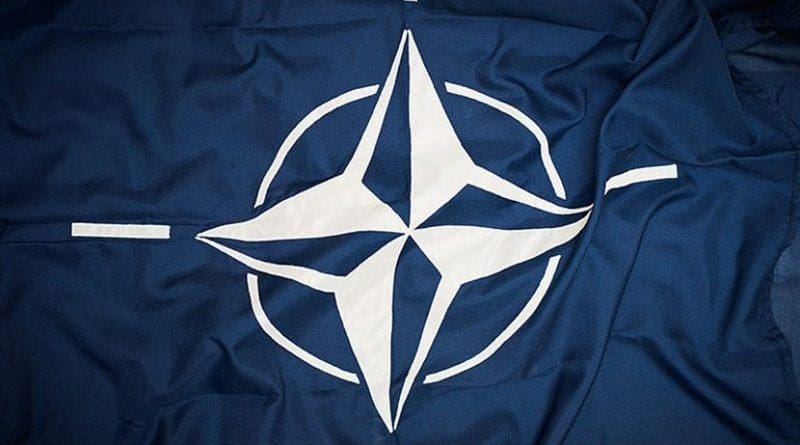NATO Signals Georgia Closer To Membership Than Ukraine – OpEd
By Paul Goble
The just-completed NATO summit reaffirmed its promise to Ukraine and Georgia that they can eventually join the alliance and that no third country, meaning Russia, has a voice in the matter or can prevent the alliance and applicant countries from reaching an agreement, Yury Sheyko reports.
But the Deutsche Welle journalist says there were some important differences in the language about the two, differences that suggest that NATO is likely to admit Georgia before it admits Ukraine (dw.com/ru/как-нато-пережила-саммит-трампа-и-не-забыла-об-украине-и-грузии/a-44654502).
The final declaration specified that Georgia is a country which “can become a member of the alliance and an action plan concerning membership is part of this process.” Moreover, when speaking of Georgia, it used the term membership repeatedly. But the declaration treated Georgia very differently, referring to it only as a country “seeking membership in NATO.”
At the summit meeting among Ukraine, Georgia and NATO, members of the alliance praised both countries for carrying out reforms that bring them up to alliance standards. But there, too, NATO appeared to treat the two countries differently, by making a clear nod to Georgia.
Jens Stoltenberg, the NATO secretary general, went out of his way to say that “Georgia will be a member of NATO.” He did not give a date but his words suggest that in NATO councils today, Georgia is now ahead of Ukraine in the race to join the Western alliance and gain protections from Russian aggression (kommersant.ru/doc/3683768).
Such diplomatic language almost certainly is intended to put more pressure on Kyiv to carry out reforms; and it is entirely possible that in the end the two countries may enter NATO at more or less the same time. But at the same time, this tilt is likely to have an effect that some may ultimately conclude is far from an entirely positive development.
This suggestion from Brussels that Tbilisi is now ahead could prompt Russia to adopt a more aggressive stance toward Georgia without any guarantee that it will lessen its pressure on Ukraine.

